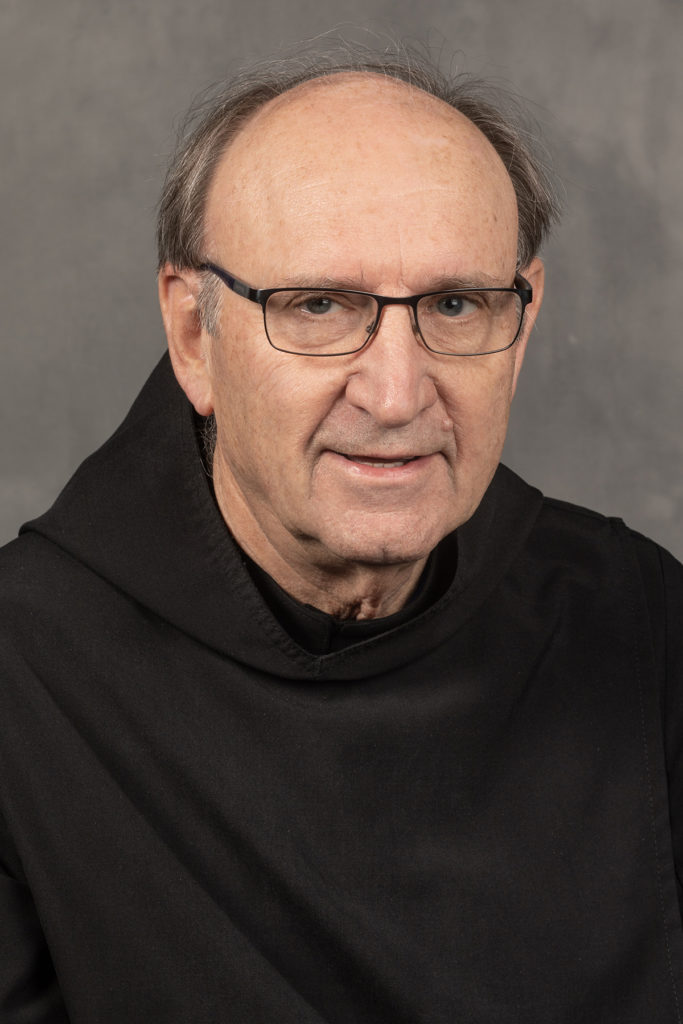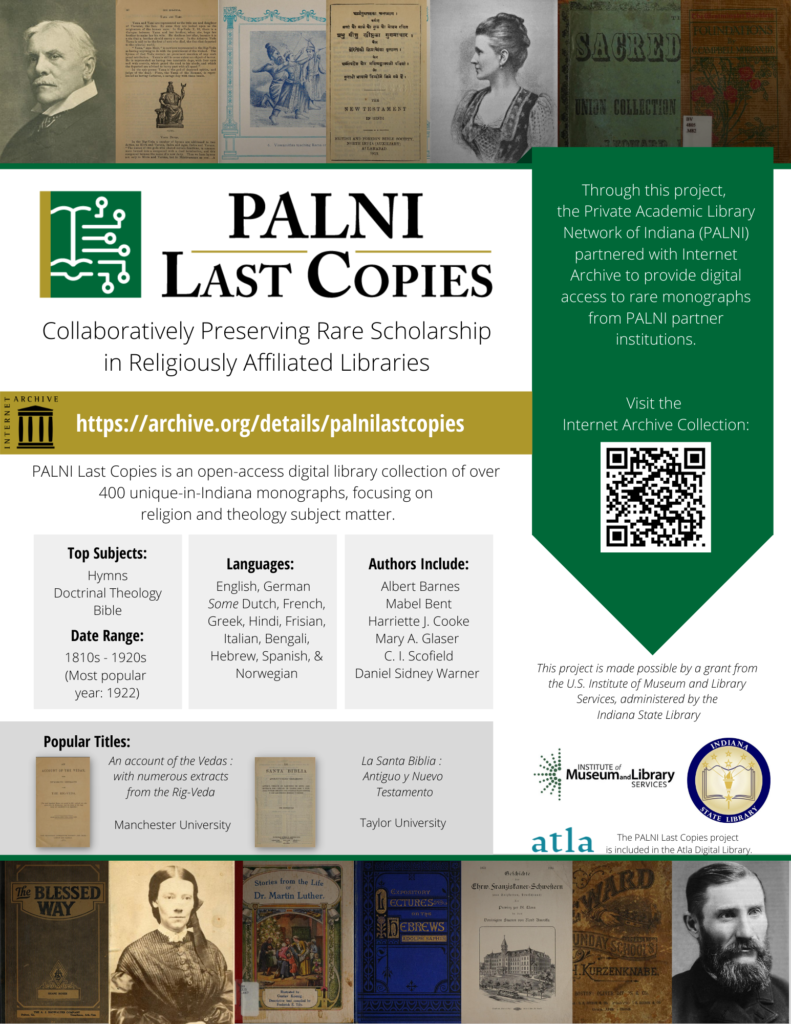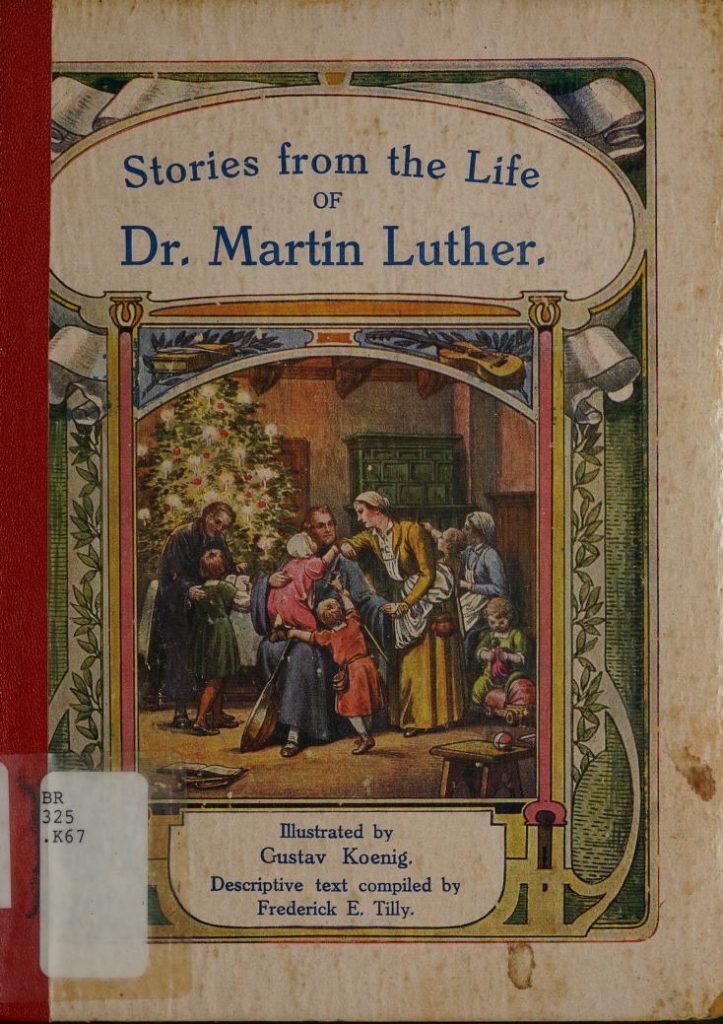Midway through funding period, project organizers have completed UX research and major system upgrade, with the Consortial Institutional Repository Toolkit in production
The Private Academic Library Network of Indiana (PALNI) and The Partnership for Academic Library Collaboration & Innovation (PALCI) are midway through a 2-year, $248,050 grant from the Institute of Museum and Library Services (IMLS) to support Hyku for Consortia: Removing Barriers to Adoption. With this award, granted in 2021 as part of the National Leadership Grants for Libraries Program, the partners are increasing the flexibility, accessibility, and usability of Hyku, the multi-tenant repository platform system.
Why Institutional Repositories?
Repositories are a critical piece of library infrastructure, enabling access to many types of digital materials created by an institution’s students, faculty, staff, and researchers. Libraries, cultural heritage institutions, and other organizations also use repositories to provide access to digitized special collections.
In the face of continued budgetary pressures, libraries seek cost-saving approaches to their work. Due to costs or other constraints, those unable to deploy Institutional Repository (IR) services are increasingly looking to consortia to serve this role. This project specifically advances Hyku to support the repository needs of library groups by increasing affordability and flexibility in a scalable, multi-tenant environment.
“This grant has provided the foundation for PALNI and PALCI to apply open source software, new business models, and collaboration to remove barriers to widespread adoption of repository software,” says Kirsten Leonard, Executive Director for PALNI. “Thanks to this award and the critical feedback provided by our pilot participants—including those from partnering consortia VIVA and LOUIS—we have made progress in building and sustaining an open, community-led repository service that has the potential to impact thousands of libraries. We leverage the advances in the Samvera open source community and contribute our advances back to the community through our developer, Software Services by Scientist.com.”
“We place a high value on the opportunities for innovation, collaboration, cost savings, and agency that come from community-owned infrastructure and solutions like Hyku,” says Jill Morris, PALCI Executive Director. “It frees us to define scaled solutions in ways that proprietary software and fully outsourced solutions can’t. The Hyku community is active and vibrant, allowing us to partner and take advantage of momentum happening in other projects. It also puts libraries back in the driver’s seat as they make technology choices about how and where to store, discover, integrate, and access their digital assets and materials.”
The first year of the project culminated with PALNI and PALCI making significant progress on their initial goals to:
- Produce a comprehensive gap assessment for Hyku, focusing on the barriers to adoption.
- Complete user-focused development sprints tightly scoped around high-priority features of the system.
- Create a toolkit to share with other library groups considering collaborating on a repository.
Engaging the User Community
The partners completed extensive user experience (UX) research with UX firm Samhaeng. Pilot participants identified barriers and had a central role in defining, reviewing, prioritizing, and approving the features of the Hyku service that are being developed.
“Engaging with the Hyku Commons community is key to achieving the major goals for Hyku for Consortia,” says Amanda Hurford, PALNI Scholarly Communications Director. “Together, the ‘PALs’ have built a user community to identify gaps in Hyku, deduplicate work, and encourage sharing of solutions across institutions.”
That community includes pilot participants from two other major consortia, VIVA and LOUIS, bringing the total number of Hyku Commons tenants across all four partnering consortia to 50. The UX research report, combined with user satisfaction surveys, is the basis of the project’s gap assessment report, which informs development decisions by directly addressing the needs articulated by these stakeholders.
“The support and responsiveness of the grant team to VIVA member pilot institutions has made the Hyku for Consortia project a joy to work on,” says Genya O’Gara, Acting VIVA Director. “VIVA has already gained a deeper understanding of the breadth of needs across the consortium and what future functionality would allow for a broader range of institutional engagement. With the recent release of the White House Office of Science and Technology Policy (OSTP) advancing open repository principles, this work couldn’t be more timely—it is more critical than ever that we support the development of open repository solutions that are community-led, scalable, and sustainable for a wide range of academic library types.”
“The Hyku for Consortia project team’s community-building efforts around Hyku have been especially beneficial for LOUIS pilot members as they’ve tested the platform,” says Laurie Blandino, Associate Commissioner and Executive Director for LOUIS. “Monthly meetings to go over product developments and updates, as well as open discussions about repository practices and policy development, have enabled LOUIS’s member institutions to learn and share best practices with a wide range of academic libraries. The development of local collections of faculty and student works helps our members demonstrate their value to higher education in accordance with LOUIS’s strategic plan. It is essential to the development of such repositories that affordable, user-friendly platforms with robust support are available to meet the vastly different needs of our member institutions. The Hyku for Consortia project is a welcome addition to the institutional repository landscape.”
User-Driven Enhancements
In addition to completing initial UX research, project organizers recently concluded a major system upgrade from Hyku 2.1 to Hyku 4.1. Launched in November, the upgrade includes improvements to analytics, featured collections and cross-site search functionality, and an enhanced index and homepage. Other previous developments include improvements to bulk import and export workflows, an area defined as a high priority by users. Developments were completed in partnership with Software Services by Scientist.com (SoftServ), an open-source software development firm and long-time contributor to the Hyku project.
“This upgrade has brought in many desired enhancements, especially in areas where users noted room for improvement, such as reporting analytics, as well as many ‘quality of life’ improvements for repository administrators,” says Nic Stanton-Roark, PALNI’s Institutional Repository Project Coordinator and Archivist at Anderson University. “We look forward to our continued work addressing gaps identified by our user community. We expect metadata flexibility to be the next area for development post-upgrade, as suggested by the first satisfaction survey and UX report.”
The project’s next phases include continued UX research and data collection to identify and assign priority to other gaps in functionality, especially those that present a barrier to Hyku adoption. Emphasizing the goal to help other consortia and library groups stand up a Hyku instance, the partners are creating a Consortial Institutional Repository Toolkit that will provide guidelines, documentation, and other materials to support the development of similar collaborative repository services.
For more project information, news and updates, visit the Hyku for Consortia website.
About the Institute of Museum and Library Service
The Institute of Museum and Library Services is the primary source of federal support for the nation’s libraries and museums. We advance, support, and empower America’s museums, libraries, and related organizations through grantmaking, research, and policy development. Our vision is a nation where museums and libraries work together to transform the lives of individuals and communities. To learn more, visit www.imls.gov and follow us on Facebook and Twitter.
About the Private Academic Library Network of Indiana, Inc. (PALNI)
PALNI is a non-profit organization supporting collaboration for library and information services to the libraries of its twenty-three supported institutions. Over time, the library deans and directors who sit on the PALNI board have adjusted the organization’s strategic direction as the internet and information services landscape has changed. PALNI has expanded beyond providing a resource management system to sharing expertise in many areas, including strategic planning, reference, information flue, outreach, data management, and configuration, and has identified greater collaboration in acquisitions as a key goal. www.palni.edu
About The Partnership for Academic Library Collaboration & Innovation (PALCI)
The PALCI organization was originally founded as the ‘Pennsylvania Academic Library Consortium, Inc.,” and was formed in 1996 as a grassroots federation of 35 academic libraries in the Commonwealth of Pennsylvania. Today, PALCI is known as Partnership for Academic Library Collaboration & Innovation, with membership consisting of 74 academic and research libraries, in Pennsylvania, New Jersey, West Virginia, and New York. PALCI’s mission is to enable cost-effective and sustainable access to information resources and services for academic libraries in Pennsylvania and surrounding states. PALCI Members serve over 800,000 students, faculty, and staff at member institutions, through a variety of programs, including the highly-regarded EZBorrow resource sharing service. PALCI also serves as the home for the Affordable Learning PA program, creating a community of practice for open textbooks and related educational resources. https://palci.org
About LOUIS: The Louisiana Library Network
LOUIS is a consortium of public and private college and university libraries in the state of Louisiana. This partnership was formed in 1992 by the library deans and directors at these institutions, in order to create a cost-effective collaboration among the institutions for the procurement of library technology and resources. We are currently forty-seven members strong.
About VIVA
VIVA is the academic library consortium serving 71 nonprofit higher education institutions in Virginia, including 39 state assisted colleges and universities, 31 independent private, nonprofit institutions, and The Library of Virginia. VIVA’s mission is to provide, in an equitable, cooperative, and cost‐effective manner, enhanced access to library and information resources for Virginia’s academic libraries serving the nonprofit higher education community.
About Scientist.com
Scientist.com’s mission is to empower and connect scientists worldwide. By transforming the way scientific research is performed, our Science as a Service® platform accelerates discoveries that cure disease, address climate change and help secure global food and energy supplies. We combine sophisticated AI technology with white-glove Research Concierge® support to enable researchers to run more innovative experiments faster and cheaper. Scientist.com acquired Notch8, a San Diego-based company offering application and software development services, in 2022. The acquisition of the company—now called Software Services (SoftServ)—enabled Scientist.com to begin offering web services—such as web and mobile application development, code audits, framework upgrades, deployment optimization and monitoring and support—to its existing global network of researchers and service providers.








